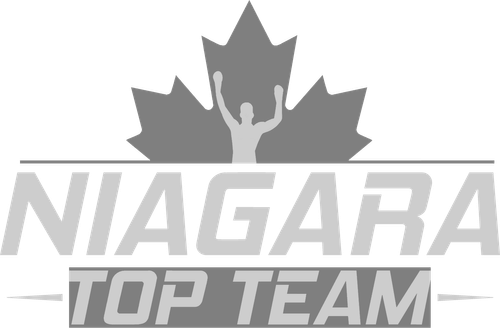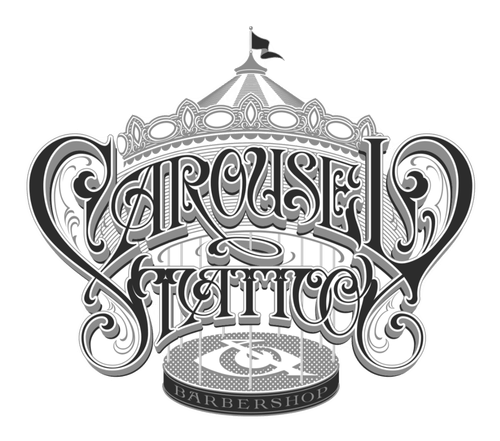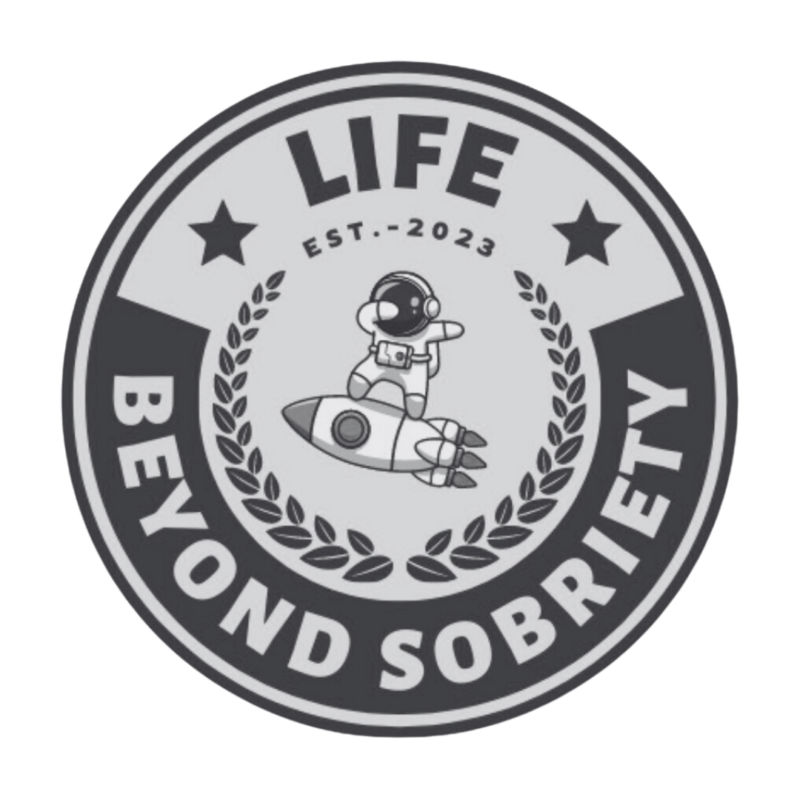The Landscape of Addiction Treatment Facilities
Ontario stands out as a region committed to addressing the complexities of addiction with a variety of treatment facilities. These centers provide a spectrum of services designed to meet the diverse needs of individuals grappling with addiction. Inpatient and outpatient models are prominent, each offering unique advantages tailored to different stages of recovery.
This province recognizes that addiction is not a one-size-fits-all issue. As a result, the centers here provide not only varied treatment modalities but also different philosophical approaches. Whether it’s a government-funded program or a private facility, the emphasis remains on comprehensive care aimed at sustainable recovery.
At Twelve Mile Recovery, the focus is on a holistic and trauma-informed approach. This facility exemplifies the dedication seen across many addiction treatment facilities Ontario offers, aiming to heal the mental, emotional, and physical aspects of addiction.
Inpatient vs Outpatient Care
Inpatient Care: A Structured Path
For many, inpatient care represents a sanctuary where patients can immerse themselves in the recovery process without external distractions. At Twelve Mile Recovery, this model integrates evidence-based therapies with holistic practices like martial arts, offering a supportive environment for those needing intensive care.
One of the profound benefits of inpatient care is the 24/7 availability of support and medical professionals. This constant access ensures that clients are continually guided and encouraged, making it an optimal choice for individuals with severe dependencies or unstable home environments.
Outpatient Care: Flexibility and Freedom
Conversely, outpatient services offer flexibility, allowing individuals to maintain personal responsibilities while undergoing treatment. This model is suitable for those in the early stages of addiction or who have completed an inpatient program and are stepping down in care intensity.
In Ontario, outpatient programs are widely accessible, providing therapies that can be scheduled around work or family commitments. This approach facilitates the application of learned recovery techniques in real-life settings, promoting real-time growth and adjustment.
Holistic Approaches in Treatment
Holistic approaches are gaining recognition for their ability to address not just the symptoms of addiction but its root causes. Centers like Twelve Mile Recovery embody this philosophy, offering therapies that encompass physical, emotional, and spiritual healing.
Martial arts, yoga, and mindfulness are becoming integral aspects of treatment plans. These practices offer patients tools for emotional regulation, resilience, and spiritual grounding, which are essential for long-term recovery. This integration of diverse therapies underlines the importance of catering to the whole person, not just their addiction.
Importance of Personalized Treatment
Each individual’s journey through recovery is unique, and personalized treatment plans are a hallmark of successful addiction treatment facilities Ontario provides. Twelve Mile Recovery, for example, crafts individualized programs based on comprehensive assessments, ensuring that each client receives care tailored to their specific needs.
This personalized care often includes a mix of individual therapy, group therapy, and peer support. By focusing on the individual’s personal history and goals, treatment centers can offer more effective pathways to recovery, fostering environments where clients feel seen and understood.
Role of Peer Support
Peer support is a powerful component of the treatment process, providing individuals with a community of understanding and shared experience. At Twelve Mile Recovery, peer support forms a cornerstone of the program, allowing clients to connect with others who have faced similar struggles.
This peer-driven dynamic creates a sense of belonging and accountability, which can significantly enhance the recovery journey. Clients often find inspiration in each other’s stories and build relationships that continue to support their sobriety long after formal treatment has ended.
Trauma-Informed Care and Its Impact
Trauma is a common underlying factor in addiction, and addressing it is essential for effective recovery. Twelve Mile Recovery employs a trauma-informed approach, recognizing that understanding and healing past traumas is crucial for breaking the cycle of addiction.
This method involves creating safe, supportive environments where clients can explore their histories without fear of judgment. Therapy sessions are designed to be empowering, helping clients reclaim control over their narratives and fostering resilience.
In Ontario, the acknowledgment of trauma’s role in addiction has led to increased incorporation of trauma-informed practices across many facilities, enhancing their ability to effect lasting change in clients’ lives.
Spiritual Healing in Addiction Recovery
Spirituality often becomes a cornerstone of recovery for many individuals. Recognizing this, Twelve Mile Recovery integrates spiritual practices into their treatment plans, emphasizing the healing power of connecting with something greater than oneself.
This spiritual dimension can involve meditation, mindfulness practices, or exploring personal beliefs, allowing clients to find peace and purpose during and after treatment. For many, nurturing their spiritual selves aids in developing a renewed sense of hope and motivation.
Ontario’s diverse range of addiction treatment facilities incorporates various elements of spiritual healing, acknowledging it as a vital component in the journey toward recovery and self-discovery.
By embracing both evidence-based and holistic practices, Ontario offers a rich tapestry of options for individuals seeking recovery. Twelve Mile Recovery’s commitment to this comprehensive healing approach highlights the strength of personalized, multidimensional care in overcoming addiction.
Science-Based Approaches in Recovery
Science-based treatments form the backbone of many addiction treatment facilities Ontario offers. At Twelve Mile Recovery, evidence-based methods like cognitive-behavioral therapy are seamlessly integrated with holistic practices to provide a well-rounded treatment experience.
These approaches are grounded in research and have been proven effective in treating addiction. By targeting both the psychological and physiological components of addiction, science-based therapies offer clients the tools they need for meaningful and enduring recovery.
The Power of Martial Arts in Recovery
An innovative aspect of Twelve Mile Recovery’s program is the inclusion of martial arts as a therapeutic tool. This discipline encourages self-discipline, emotional regulation, and physical strength, all of which are essential for overcoming addiction.
Martial arts also provide a constructive outlet for stress and negative emotions, helping clients develop healthier coping mechanisms. The practice fosters a sense of empowerment and personal achievement, reinforcing the progress made during recovery.
Such creative and unconventional therapies are becoming more prevalent in Ontario’s treatment facilities, reflecting a broader recognition of their benefits in the holistic recovery process.
Personal Testimonies and Their Impact
Personal testimonies from clients who have walked the path of recovery offer invaluable insights and inspiration. At Twelve Mile Recovery, stories like those of Leah Marie Radoman and Michael Laughlin highlight the profound impact of personalized and compassionate care.
These testimonials underscore the importance of empathy and understanding in treatment, confirming that the human element is just as crucial as the clinical. Hearing from those who have achieved sobriety can motivate others to embark on their own journey towards recovery.
Ontario’s addiction treatment facilities consistently draw on these personal stories to refine their programs and strategies, ensuring they remain responsive to the real-world experiences of their clients.
What are the key differences between inpatient and outpatient treatment models in Ontario?
Inpatient treatment involves a residential stay where clients live on-site at the treatment facility. This model provides 24/7 support and is often recommended for individuals with severe addiction or those coming from unstable environments. It offers a structured environment, minimizing distractions from daily life, which can be crucial for maintaining focus on recovery. In contrast, outpatient treatment allows individuals to attend therapy sessions and other support services while continuing to live at home. This model is flexible, catering to those who have responsibilities like work or family, and is often used as a step-down phase following inpatient care or for those in early stages of addiction. Both models have their merits, and the choice largely depends on the individual’s specific circumstances and needs. Have you considered what environment might best support your recovery journey?
How can holistic approaches benefit addiction recovery?
Holistic approaches to addiction treatment focus on healing the whole person–not just the addiction. At facilities like ours, we integrate practices such as martial arts, yoga, and mindfulness into the treatment plan. These activities are more than just physical exercises; they teach emotional regulation, resilience, and self-discipline. For example, martial arts can provide a constructive outlet for stress and help in developing coping mechanisms. By addressing the physical, mental, and spiritual aspects of recovery, holistic methods help individuals find balance in their lives. Have you tried any holistic practices before, and how did they impact your well-being?
Why is personalized treatment important in addiction recovery?
Every individual’s journey with addiction is unique, influenced by personal history, substance use patterns, and psychological factors. Personalized treatment plans take these variables into account, ensuring that each person receives care tailored to their specific needs. Our facility conducts comprehensive assessments to create customized programs that may include individual therapy, group sessions, and peer support. This tailored approach not only makes clients feel understood but also enhances the effectiveness of the treatment. Personalized care can make the difference between temporary relief and lasting recovery. Think about your own journey–what aspects of personalized care would best support your recovery?
What role does peer support play in addiction recovery?
Peer support is a cornerstone of effective addiction recovery programs. Connecting with others who have faced similar challenges offers a sense of community and understanding that is invaluable. At our center, we foster peer-driven dynamics where clients can share experiences, challenges, and victories. This mutual support system creates accountability and motivation, often bridging the gap between clinical treatment and real-world application. Hearing others’ success stories can inspire hope and show that recovery is possible, even at the toughest moments. How do you feel about the idea of sharing your recovery journey with peers who understand what you’re going through?
How do trauma-informed care practices enhance addiction treatment?
Trauma is often an underlying factor in addiction, and addressing it is crucial for effective recovery. Trauma-informed care involves creating a safe and supportive environment where clients can explore their past traumas without fear of judgment. This approach helps individuals understand and heal from their histories, empowering them to break free from the cycle of addiction. In our experience, acknowledging and addressing trauma leads to more profound and lasting transformations. Have you considered how past experiences might influence your current challenges with addiction, and are you open to exploring these in a supportive setting?
Can spiritual healing contribute to addiction recovery?
Spiritual healing can be a powerful component of addiction recovery, offering a sense of purpose and connection beyond oneself. Our treatment center incorporates spiritual practices like meditation and mindfulness, which help clients develop inner peace and resilience. This spiritual dimension isn’t necessarily tied to religion but rather to personal growth and finding meaning in life. For many, nurturing their spiritual well-being helps foster hope and a renewed sense of self. How does spirituality fit into your understanding of recovery, and have you explored any spiritual practices that resonate with you?
What are science-based approaches in addiction treatment, and why are they effective?
Science-based approaches in addiction treatment, such as cognitive-behavioral therapy (CBT), are grounded in research and have been proven effective in addressing the psychological components of addiction. They provide structured methods for individuals to understand their behavior patterns and develop healthier coping mechanisms. Combined with holistic practices, these evidence-based therapies offer a comprehensive treatment approach that addresses both the mind and body. These methods are effective because they are adaptable to different individuals’ needs and have consistently shown positive outcomes in numerous studies. Are you curious about how science-based therapies could be tailored to your personal recovery needs?
How does incorporating martial arts benefit the recovery process?
Martial arts are a unique element of our recovery program, providing numerous benefits that support the healing process. This discipline not only improves physical health but also instills self-discipline, emotional regulation, and resilience–all of which are crucial for overcoming addiction. Practicing martial arts offers a healthy outlet for stress and helps build confidence and a sense of achievement. Many clients find that it empowers them to face challenges both in and out of treatment. Have you ever tried martial arts as a way to cope with stress or build resilience, and if so, what was your experience?
How do client testimonials impact the way addiction treatment programs are designed?
Client testimonials are invaluable for understanding the effectiveness of treatment programs and identifying areas for improvement. At our facility, we pay close attention to the experiences and feedback from those who have completed recovery. These stories highlight what works well and offer insights into how we can better support future clients. Testimonials also provide inspiration and hope to new clients, showing them that recovery is achievable. Have you had a chance to hear or share personal stories of recovery, and did they influence your perspective on treatment options?
Resources
- Centre for Addiction and Mental Health (CAMH) – Provides resources and support for individuals dealing with addiction and mental health issues.
- National Institute on Drug Abuse (NIDA) – Offers research-based information on drug abuse and addiction treatment.
- Substance Abuse and Mental Health Services Administration (SAMHSA) – Provides information on mental health and substance abuse treatment services.
- Psychology Today – Offers articles and resources on addiction treatment and mental health.
- National Institutes of Health (NIH) – Provides information on research and funding related to addiction and recovery.












